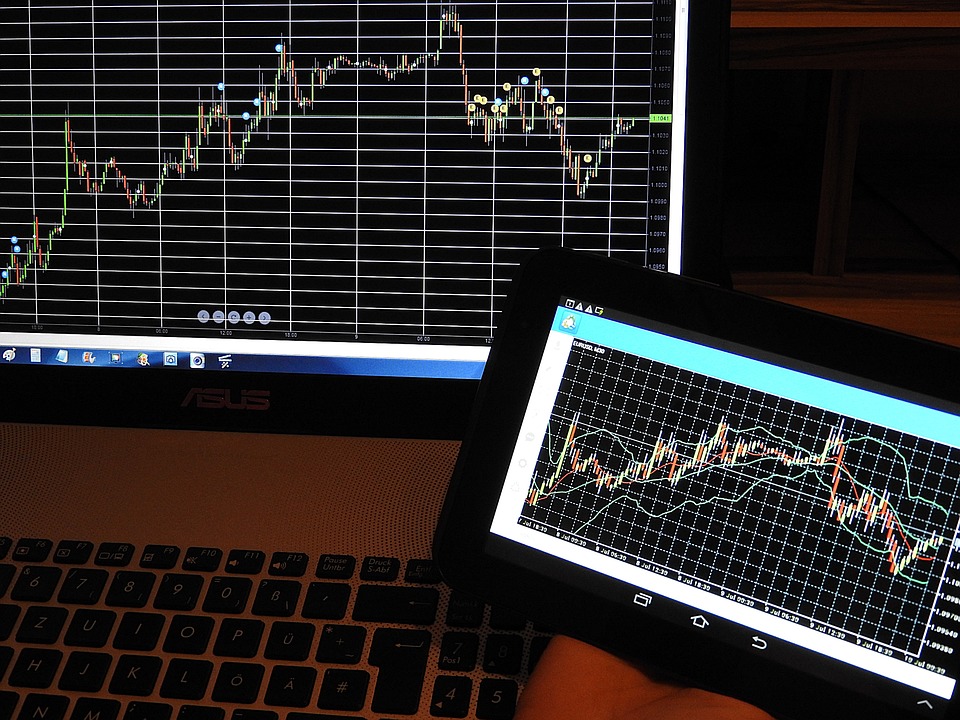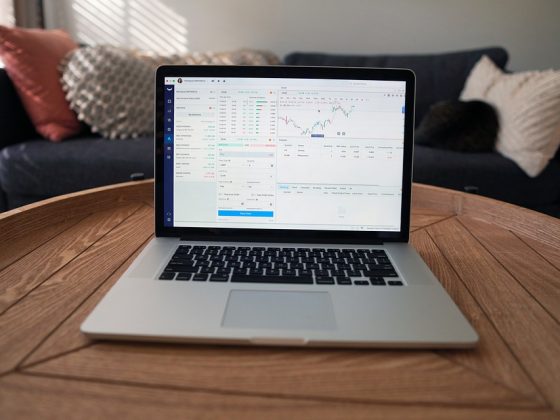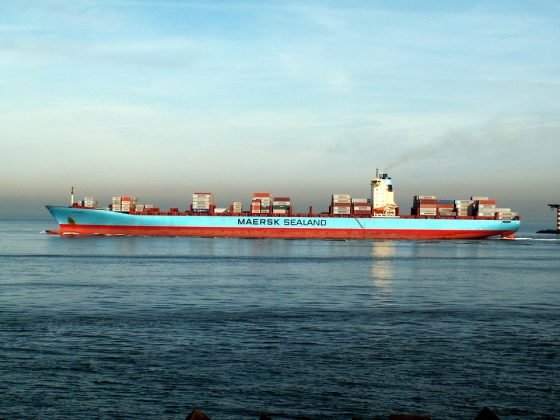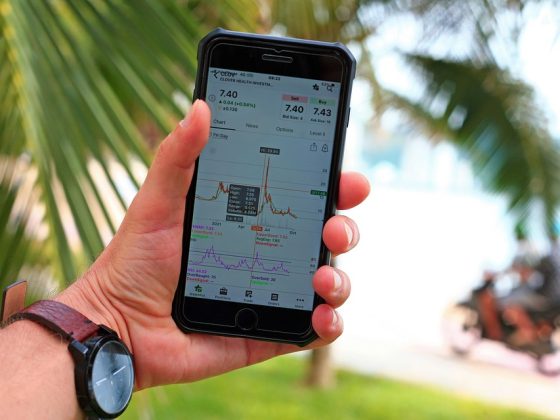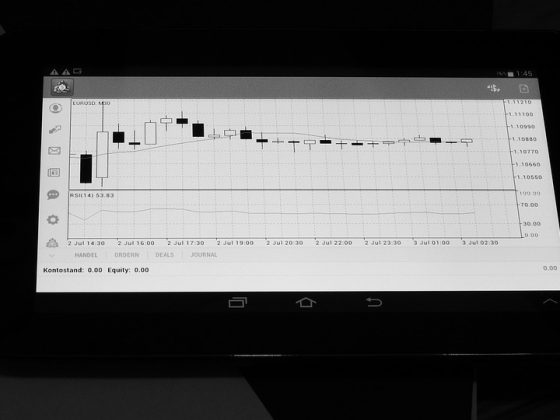Trading economics plays a crucial role in economic forecasting, helping analysts and policymakers make informed decisions about the future direction of the economy. By analyzing a wide range of economic indicators and data, traders can gain insights into the overall health of the economy and identify potential trends and patterns that may impact financial markets. This article will explore the role of trading economics in economic forecasting and its importance in shaping economic policies and investment strategies.
The Role of Trading Economics in Economic Forecasting
1. Analyzing Economic Indicators:
One of the key roles of trading economics in economic forecasting is analyzing a wide range of economic indicators to assess the health of the economy. These indicators include GDP growth, unemployment rates, inflation, consumer spending, and industrial production, among others. By monitoring these indicators, traders can gain insights into the overall direction of the economy and identify potential risks and opportunities.
For example, if GDP growth is slowing and unemployment rates are rising, it may indicate a weakening economy and potential recession. On the other hand, if consumer spending is increasing and industrial production is on the rise, it may suggest a growing economy with potential for expansion. By analyzing these indicators, traders can make informed decisions about their investments and adjust their strategies accordingly.
2. Identifying Trends and Patterns:
Trading economics also plays a crucial role in identifying trends and patterns in the economy that may impact financial markets. By analyzing historical data and economic indicators, traders can identify recurring patterns and trends that may help predict future market movements. For example, if inflation has been steadily increasing over the past few months, it may suggest that interest rates will rise in the future, leading to changes in bond and equity prices.
Similarly, if consumer confidence is at an all-time high, it may suggest that consumer spending will increase, leading to a boost in retail sales and overall economic growth. By identifying these trends and patterns, traders can anticipate market movements and adjust their investment strategies to capitalize on potential opportunities or mitigate risks.
3. Shaping Economic Policies:
Trading economics also plays a role in shaping economic policies and influencing policymakers' decisions. By providing accurate and timely economic data and analysis, traders can help policymakers understand the current state of the economy and formulate appropriate policies to support economic growth and stability. For example, if inflation is rising and unemployment rates are high, policymakers may choose to implement expansionary monetary policies to stimulate economic activity and promote job creation.
Similarly, if GDP growth is slowing and consumer spending is weak, policymakers may implement fiscal stimulus measures to boost economic growth and encourage investment. By providing policymakers with reliable economic data and analysis, traders can help shape economic policies that benefit the economy as a whole.
4. Informing Investment Strategies:
Trading economics is also essential in informing investment strategies and guiding traders' decisions in financial markets. By analyzing economic indicators and trends, traders can identify potential opportunities for investment and assess risks and volatility in the market. For example, if GDP growth is strong and consumer spending is robust, traders may choose to invest in high-growth sectors such as technology or consumer goods.
On the other hand, if inflation is rising and interest rates are expected to increase, traders may shift their investments towards inflation-protected securities or commodities to hedge against inflation risk. By staying informed about economic trends and indicators, traders can make informed decisions about their investments and adjust their strategies to maximize returns and minimize risks.
FAQs:
Q: Can trading economics accurately predict future market movements?
A: While trading economics can provide valuable insights into the overall health of the economy and potential trends, it is essential to note that predicting future market movements is not an exact science. Market fluctuations are influenced by a wide range of factors, including geopolitical events, economic policies, and investor sentiment, making it challenging to predict with certainty.
Q: How often should traders review economic indicators and data?
A: Traders should regularly review economic indicators and data to stay informed about the current state of the economy and potential market trends. Most trading platforms offer real-time data and analysis on economic indicators, allowing traders to make informed decisions about their investments.
Q: What role do trading economics play in risk management?
A: Trading economics can help traders identify potential risks and volatility in the market, allowing them to adjust their investment strategies and manage risks effectively. By analyzing economic indicators and trends, traders can assess market conditions and make informed decisions to protect their portfolios from potential losses.
In conclusion, trading economics plays a crucial role in economic forecasting by analyzing a wide range of economic indicators and data to assess the health of the economy, identify trends and patterns, shape economic policies, and inform investment strategies. By staying informed about economic trends and indicators, traders can make informed decisions about their investments and adjust their strategies to maximize returns and minimize risks. While predicting future market movements is not an exact science, trading economics can provide valuable insights into the overall health of the economy and help traders navigate the complex and ever-changing financial markets.

